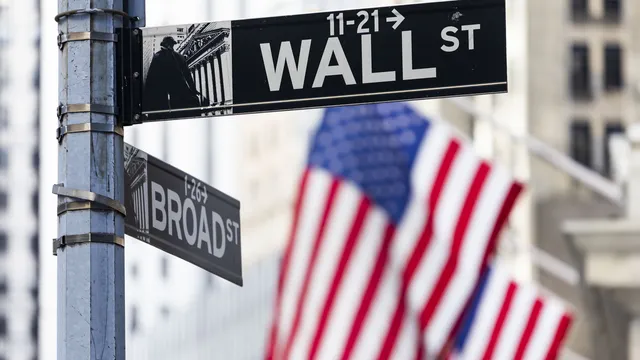The consequences of the introduction of tariffs, which were presented by US President Donald Trump, will indirectly affect almost all citizens of the world, including Americans themselves. Analysts estimate that annual household spending in the US will increase by between EUR 3 100 and EUR 4 500, and some even believe that the real increase will be around EUR 160 per person.
However, one of the biggest losers when it comes to the consequences of the introduction of tariffs is American technology companies. The supply chains of most of them are deeply linked to Asian countries because the parts for their devices are manufactured there, says the Financial Times. China faces 34 percent tariffs (in addition to the 20 percent tariffs that were imposed earlier by Trump. Taiwan faces 32-percent tariffs, but semiconductors are exempt for now because they are critical to the global economy. Vietnam and India, important manufacturing hubs for Apple, face reciprocal duties of 46 percent and 26 percent. In addition, millions of iPhones come out of Chinese manufacturer Foxconn's factories every year.
Because of all this, Apple's share value has fallen by 7%, Amazon by 6% and the Nasdaq index by more than 5% as they rely on Manuduc to produce chips. After Trump's announcement about the introduction of tariffs, the value of the shares of US retailers Walmart fell by 7% and Target by 5%.
Many fashion brands, after the tariffs imposed by the U.S. on China during Trump's first term, decided to move their business to Vietnam, but the new, very large duty of 46% on goods from that country will significantly affect their business. Shares of Adidas AG and Puma SE fell by as much as 11% on the Frankfurt stock exchange, continuing the trend seen for Nike on the New York Stock Exchange (-5%).
Sneaker makers such as Adidas, Puma and Nike have increased their reliance on factories in Vietnam and Indonesia. Today, nearly half of all Nike sneakers and 39 percent of Adidas sneakers are made in Vietnam, according to regulatory filings. Vietnam is the largest supplier of footwear to both companies, and that country's footwear industry generates more than $20 billion in total annual revenue.
The country is also one of Asia's fastest-growing economies; its gross domestic product grew 7.1 percent last year, surpassing government forecasts. Analysts estimate that Adidas and Puma will likely have to raise their prices by about 5 percent globally to maintain current levels of profitability, Bloomberg reported.
Shenzhou International Group Holdings, a Chinese apparel maker that produces products for U.S. brands (including Nike), saw its shares drop as much as 18 percent in Hong Kong on Thursday, the most in more than three years. Earlier, Nike said it expected a sharp drop in gross margin this quarter, largely due to U.S. tariffs on products from China and Mexico.
President Donald Trump's tariffs are expected to significantly raise the price of new vehicles and indirectly affect used-car price growth. "USA Today" writes that because of this, many Americans have decided to buy a car "at the last minute" before the price rises. Data from car-buying app CoPilot reveals that supply has been "significantly reduced" since March 23, especially for vehicles manufactured overseas. For example, about 20% fewer Volkswagen and Chevrolet Blazers that are made in Mexico are available.
Last year, the U.S. imported about 8 million cars worth about 217 billion euros. The economics group Anderson estimates that tariffs on parts from Canada and Mexico alone could increase costs by an estimated €3,600 to €9,000, depending on the vehicle. The cost of importing cars from other parts of the world is likely to be even higher. | BGNES

 Breaking news
Breaking news
 Europe
Europe
 Bulgaria
Bulgaria







